Viking Therapeutics stock jumps 120% after positive weight loss drug trial results
Analysts have suggested that larger pharmaceutical companies could potentially move to acquire a company like Viking Therapeutics.Â
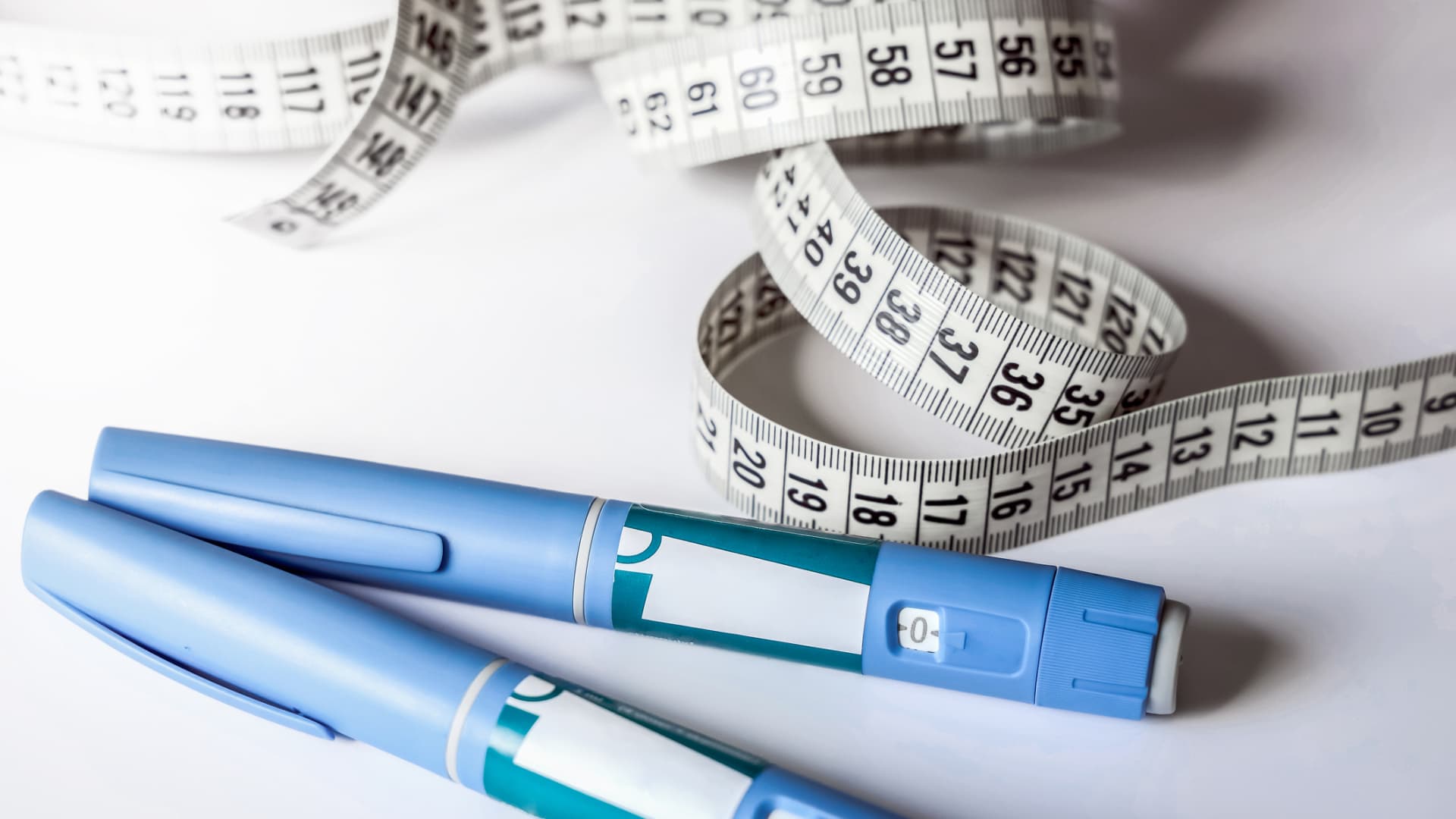
Cr | Istock | Getty Images
Shares of Viking Therapeutics closed more than 120% higher on Tuesday after the company's experimental weight loss drug showed promising initial results in a mid-stage trial.
Viking Therapeutics is one of several small obesity drugmakers hoping to enter the budding weight loss drug industry, which analysts say could grow into a $100 billion market by the end of the decade.
But it may not join that space on its own: Analysts have suggested that larger pharmaceutical companies such as Pfizer, which scrapped two of its own weight loss drug candidates last year, could potentially move to partner with or acquire a company like Viking Therapeutics. Tuesday's share move puts Viking Therapeutics' market value at roughly $8.5 billion.
The trial followed more than 170 patients with obesity or who are overweight, some of whom received different dose sizes of the injectable drug or a placebo.
Those who received weekly doses of the treatment lost up to 14.7% of their body weight from baseline, or 13.1% when adjusted for placebo, after 13 weeks.
Up to 88% of patients who received the drug, known as VK2735, achieved at least 10% weight loss, compared with just 4% of those who didn't receive the treatment.
Notably, there was no evidence of a plateau in weight reduction at week 13 for any dose of the drug, suggesting that "further weight loss might be achieved" by keeping patients on the treatment longer, Viking CEO Brian Lian said during a call with investors.
The drug demonstrated "encouraging" safety in patients following the 13-week trial period. Patients also appeared to tolerate the drug well.
Around 4% of patients who received any dose size of the treatment discontinued the study early compared with approximately 6% of those in the placebo group.

 Kass
Kass 








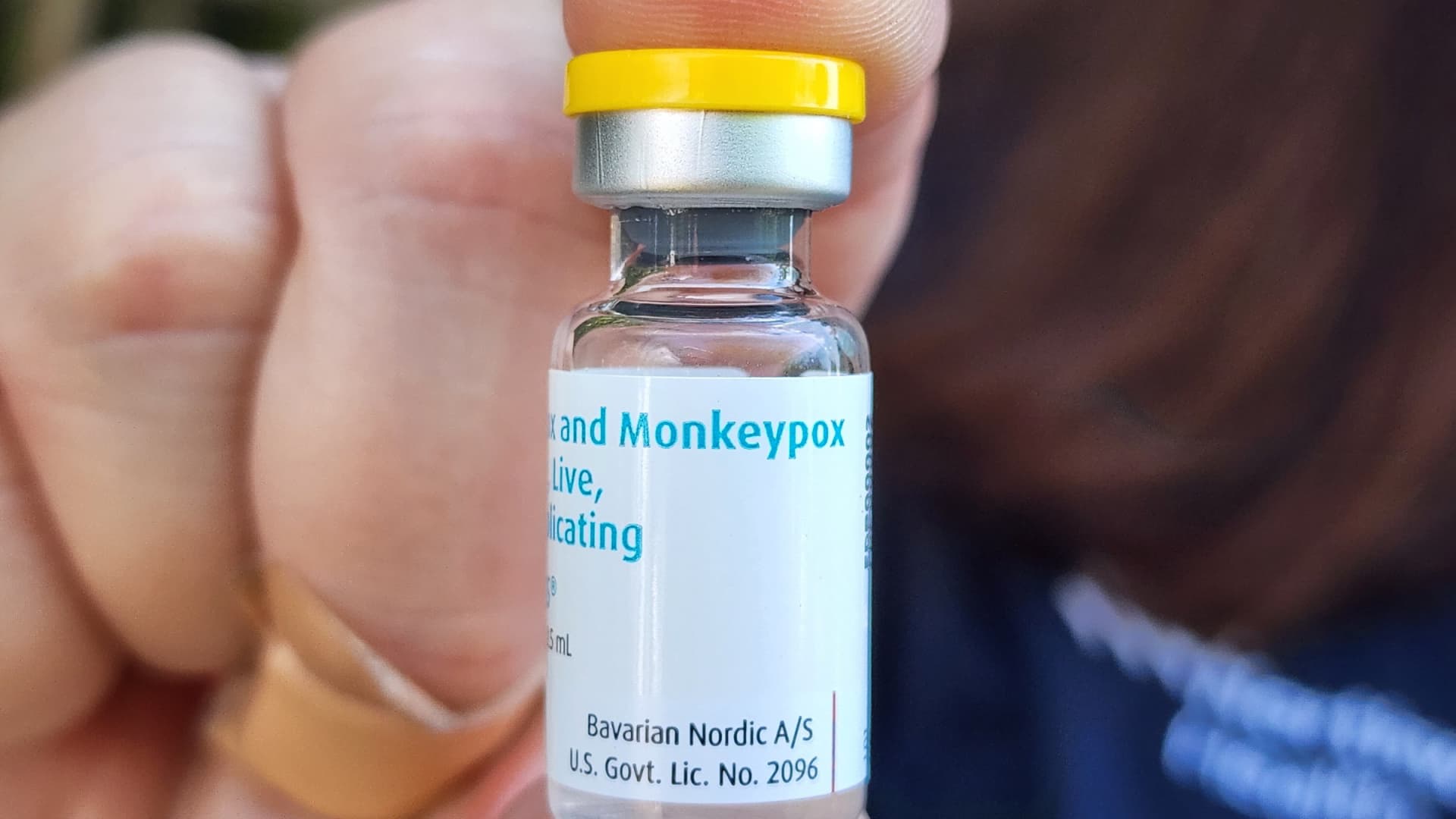
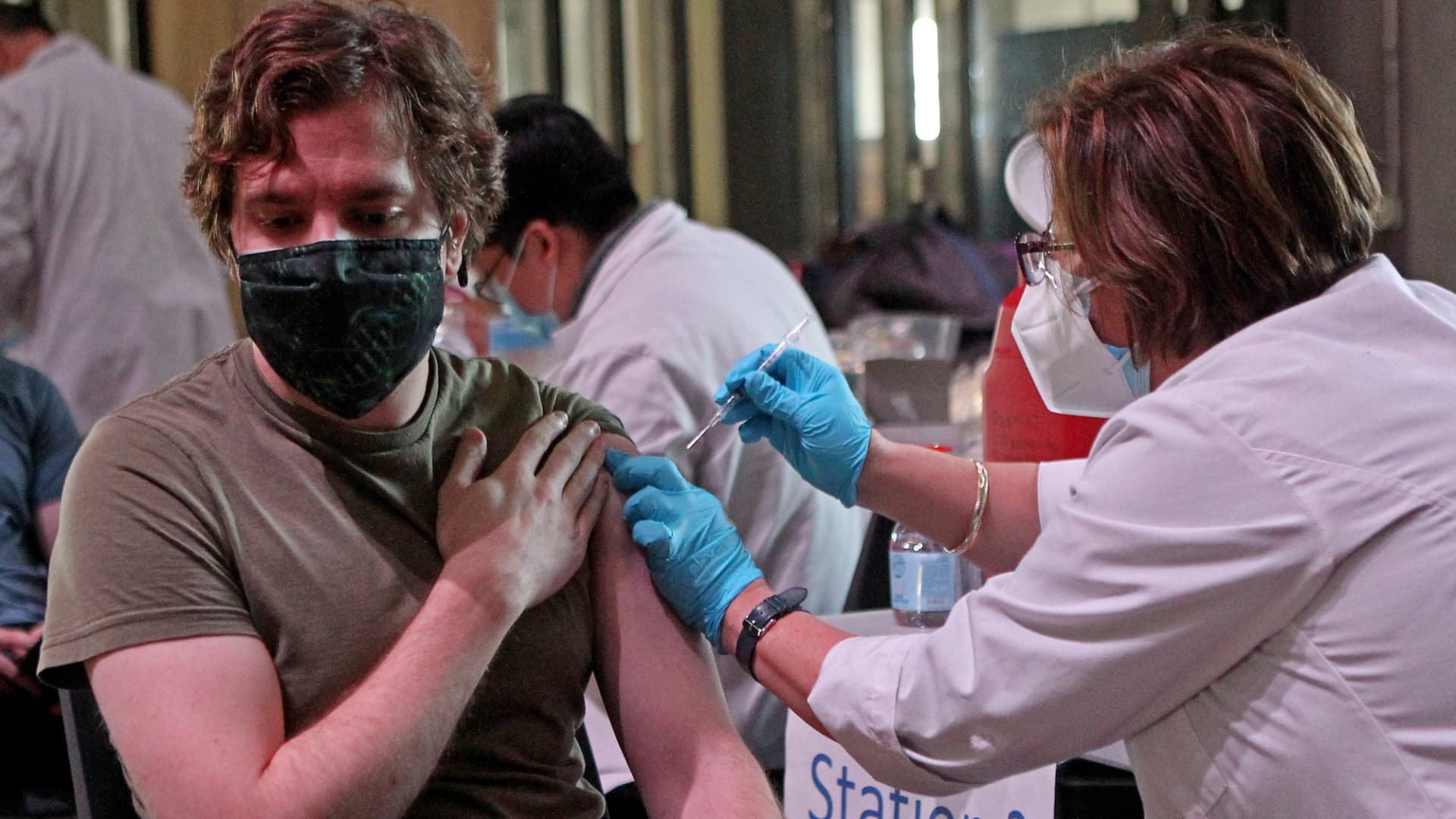
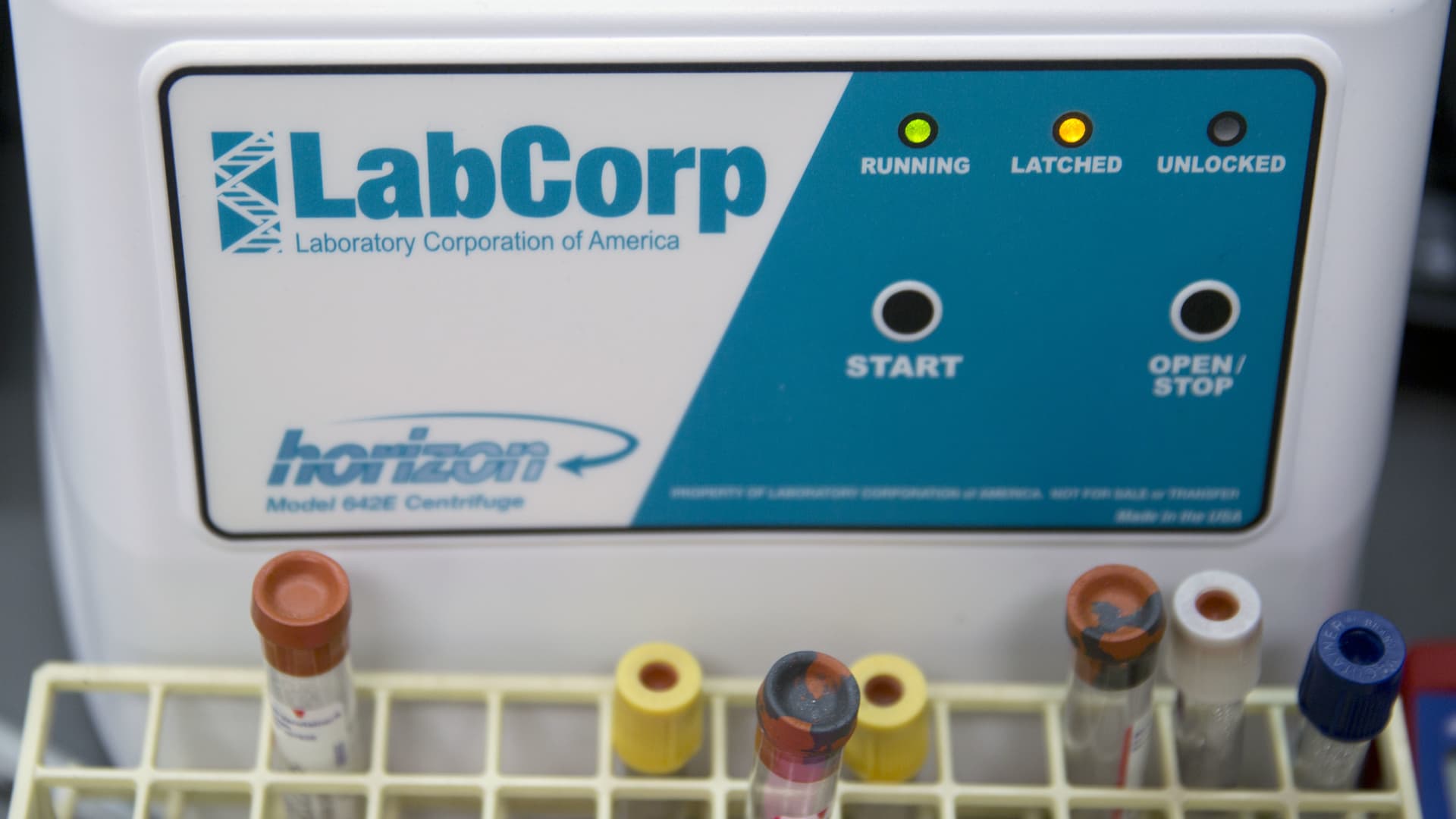
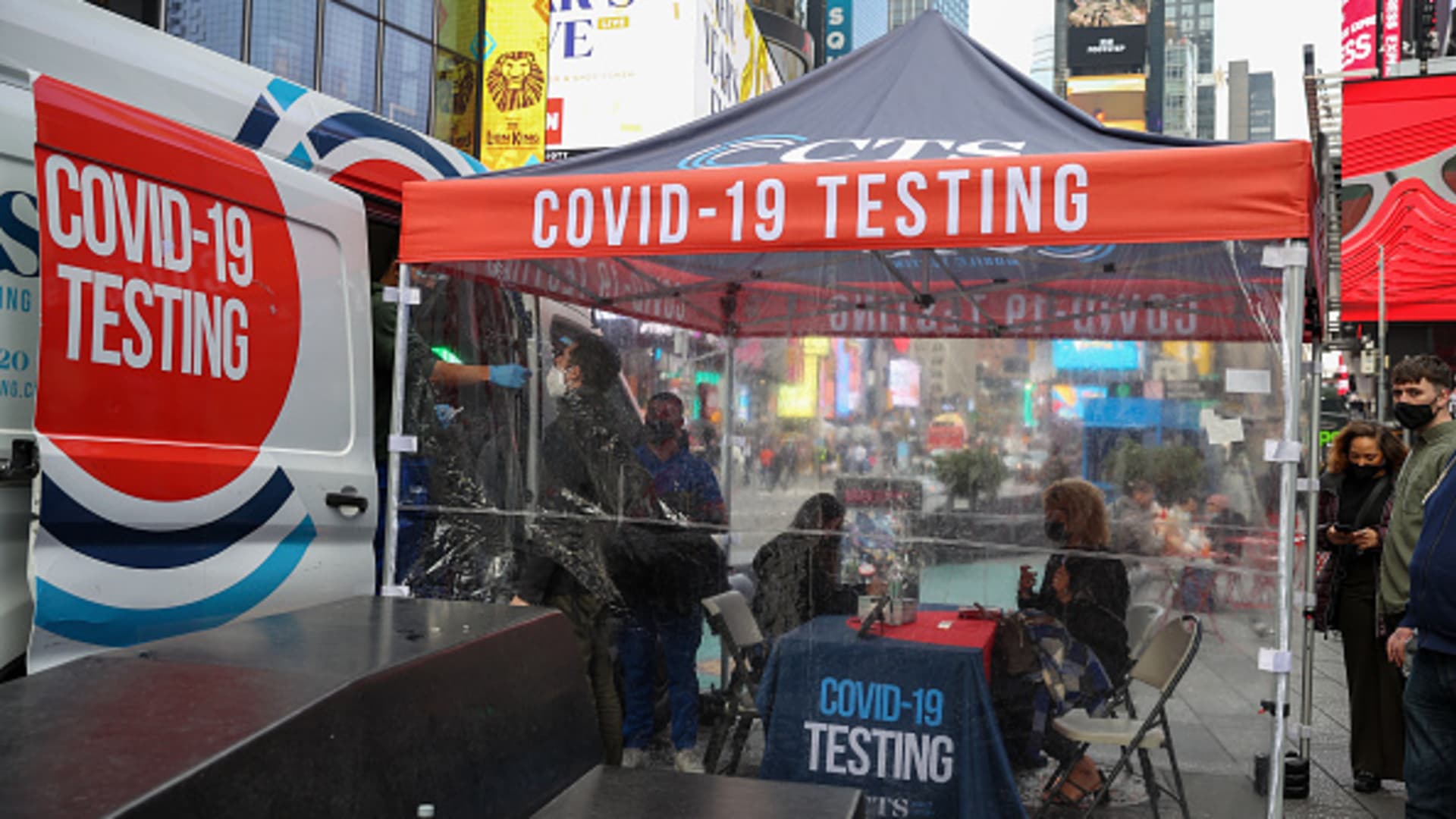








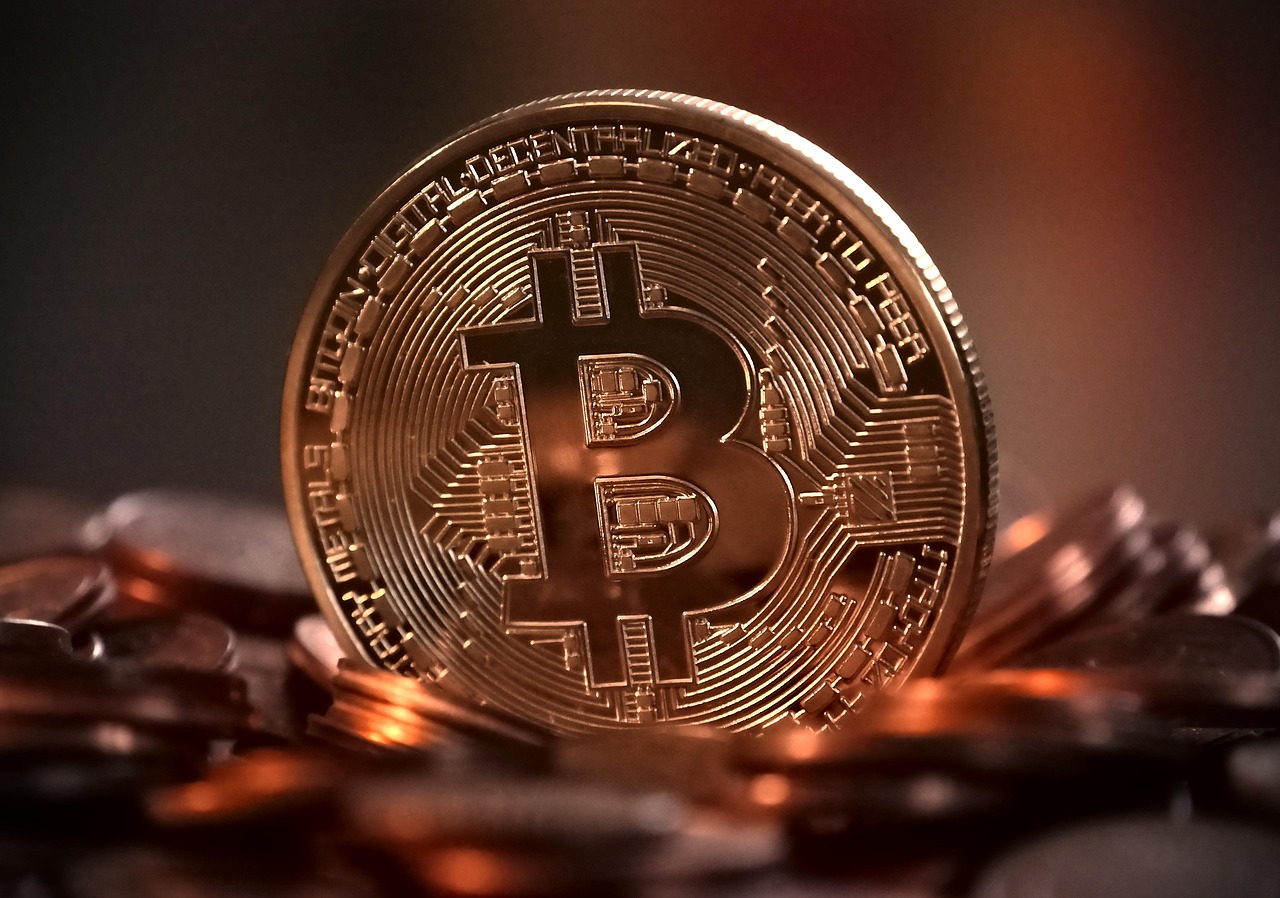
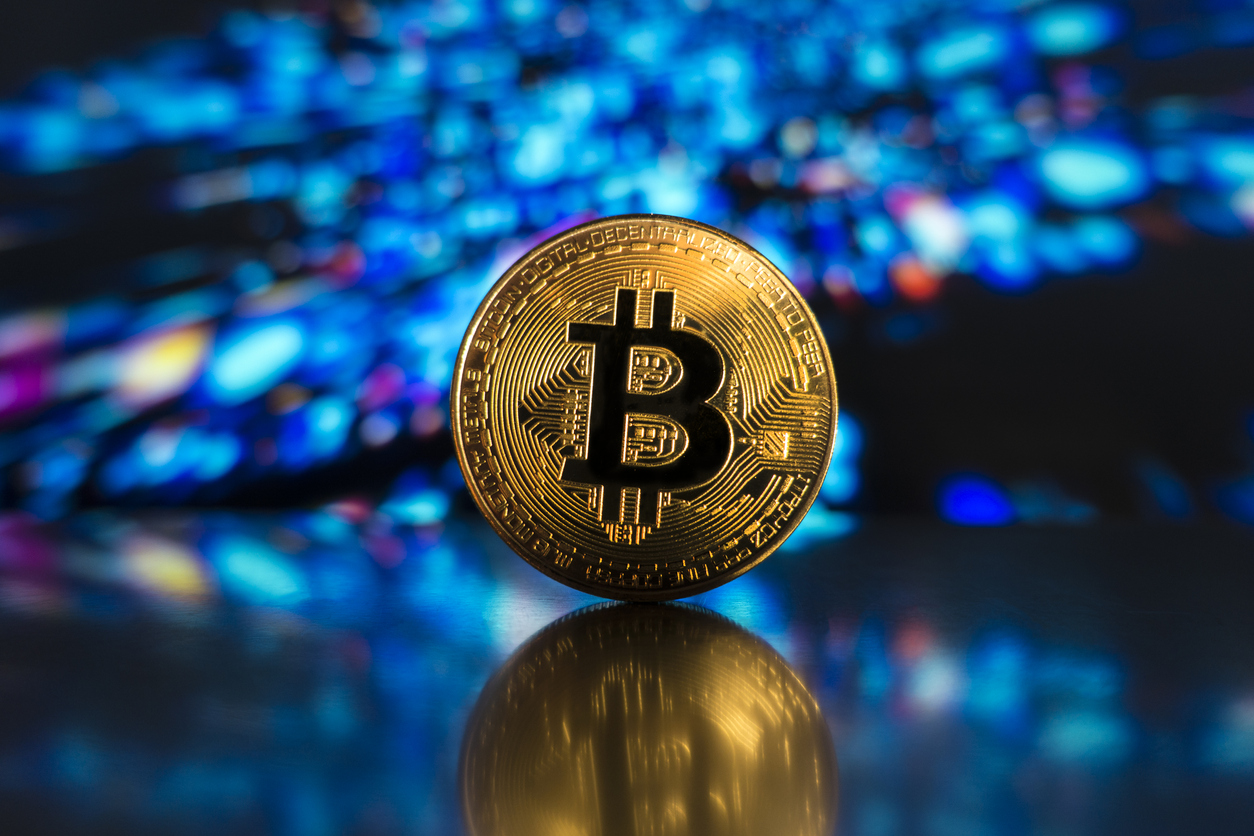







.jpg)

